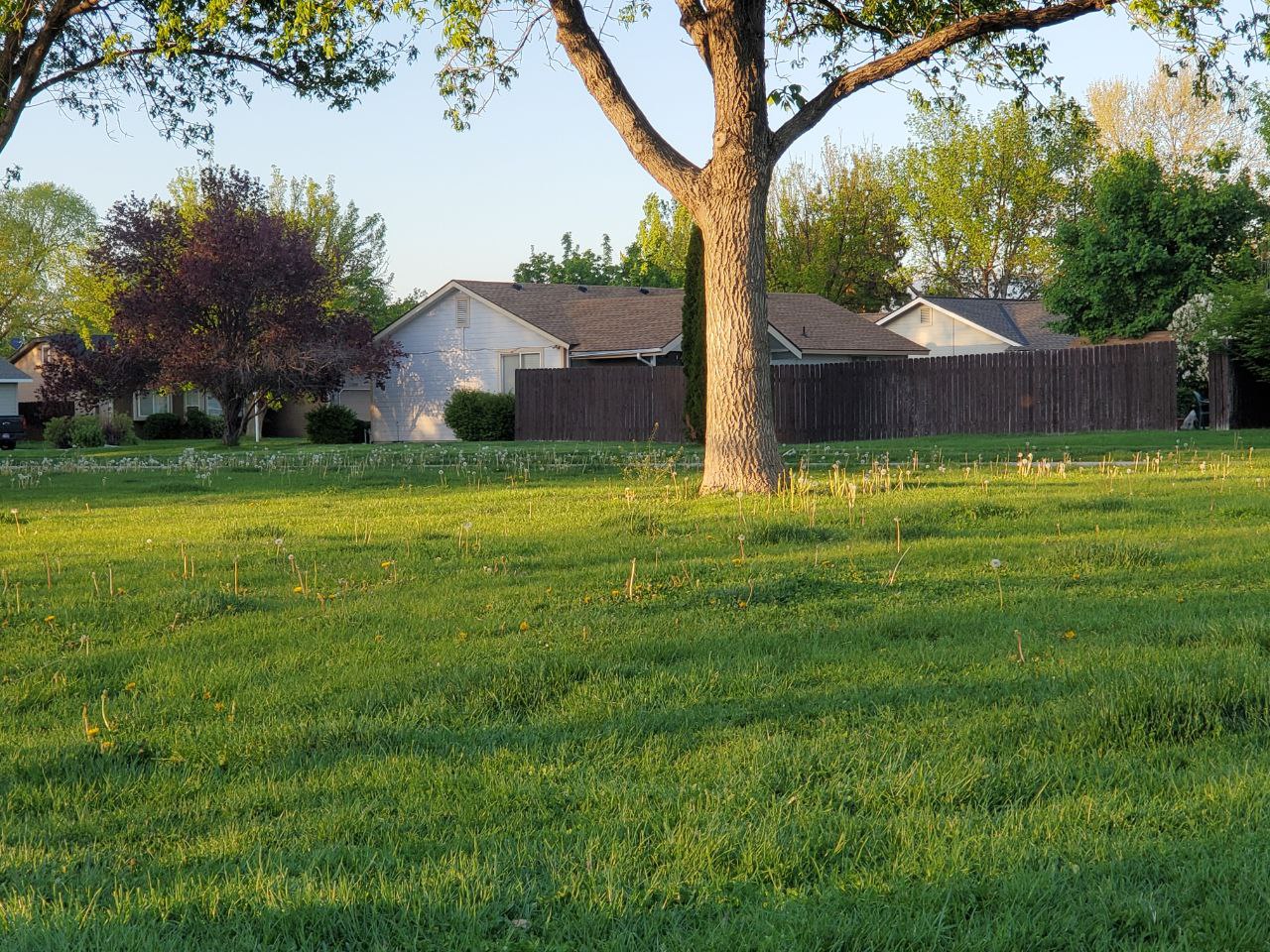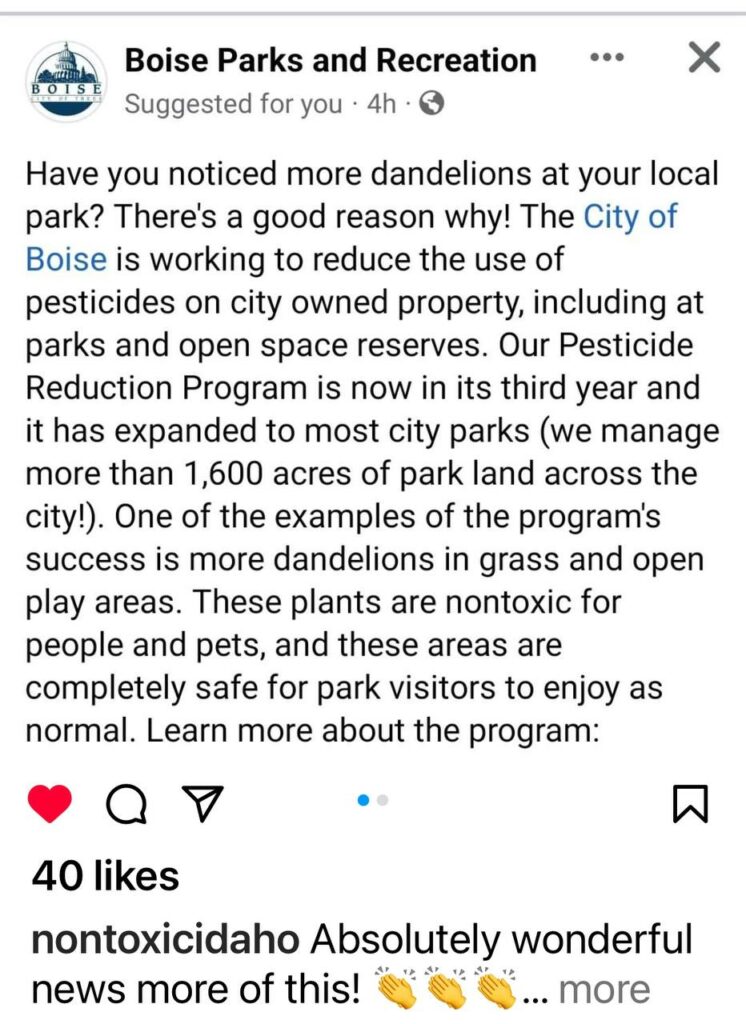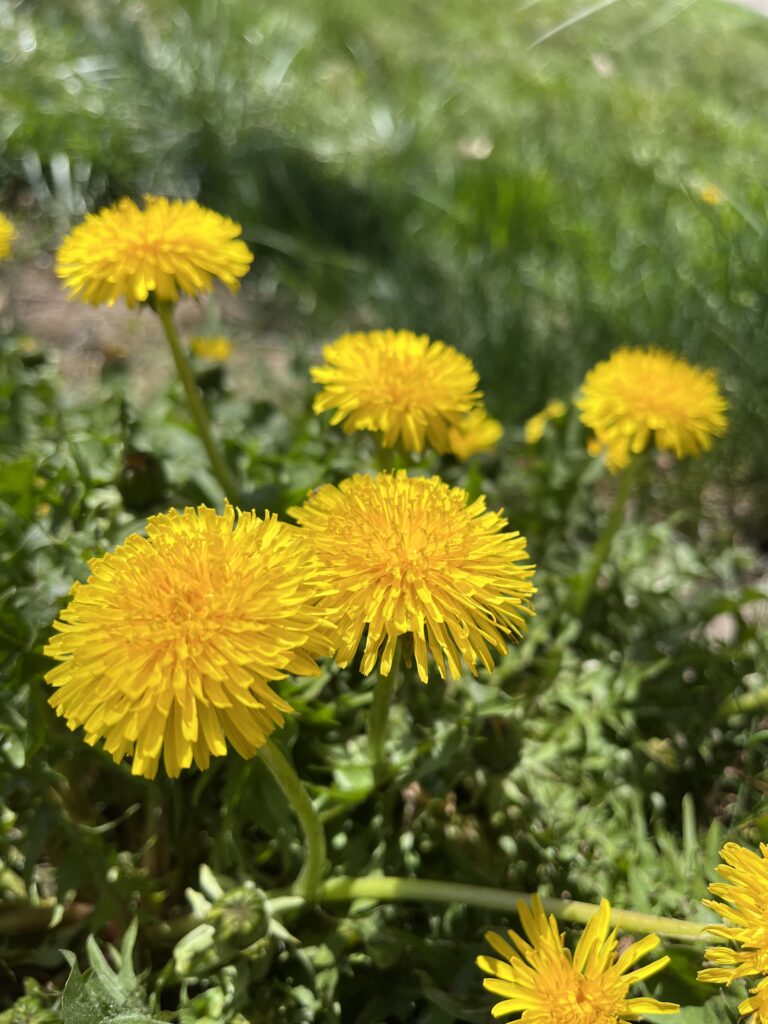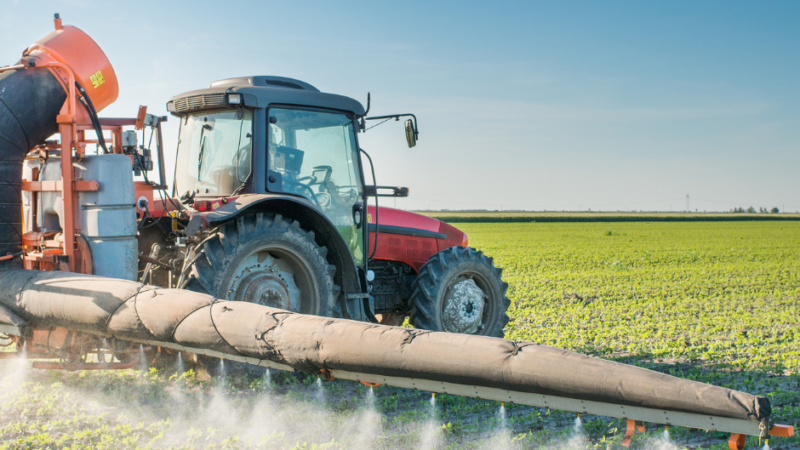Boise Parks Reduce the Herbicide Use

Boise Parks and Recreation Expands Pesticide Reduction Efforts, Promotes Environmental Health and Safety. Send a quick ‘thank you’ email to the agency supporting their efforts to create a healthier and safer community parks. [email protected]

Boise Parks and Recreation has started a pilot program to reduce pesticide use in the city’s parks, which is a step in the right direction. Glyphosate, a common herbicide used to reduce dandelions and other broadleaf plants, has been named as a culprit in cancer cases. Some case-control studies have shown a positive association between exposure to glyphosate and non-Hodgkin lymphoma. In January 2023, a study found that people exposed to glyphosate have cancer biomarkers in their urine.
Non-Toxic Idaho and Health Freedom Idaho have been advocating for years for the parks to consider reducing the application of chemicals in areas where children and pets play. Boise Parks and Recreation is a step in the right direction in protecting the health of our families.
The environmental benefits of the first flower dandelions for the bees are also worth noting. The sight of the dandelions and “wish flowers” is a beautiful thing, and it’s great to see the agency taking steps to protect the environment and the health of its residents. Boise Parks and Recreation Director Doug Holloway said, “Today, more than 60 parks in our system are active pesticide reduction sites.” This is a great achievement, and the agency deserves a thank you!
If you would like to send a note of gratitude, you can do so by emailing [email protected] or mailing a letter to Boise Parks and Recreation, 1104 Royal Blvd, Boise, ID 83706.

DANDELIONS ARE GOOD FOR THE ENVIRONMENT & HAVE MEDICINAL BENEFITS
Hard as it is to believe considering the time, energy, and money devoted to obliterating them from our yards, dandelions have roots that spread widely underground, which has the beneficial effects of loosening hard-packed soil, aerating the ground, and reducing erosion. 123 Because their roots grow so deeply, they also help pull nutrients from deep within the soil up to ground level, which makes them more readily available to other plants, like your lawn, which has more shallow roots. 12
In addition to being good for your lawn, dandelions are also nutritious.
The leafy greens of the dandelion plant are quite healthy, rich in vitamin A and vitamin B12, according to the Michigan State University Extension. 2 Eating just 1 cup of the greens has twice as much iron as the same amount of spinach and contains more than 500 percent of the recommended daily intake of vitamin K. Dandelion roots and flowers are also edible, although they are not as commonly eaten as the greens. 2
For centuries, various parts of the dandelion plant have been used medicinally.
They were long used to create tonics that people drank to help the liver remove toxins from their bloodstream, and dandelions have also been used to treat ailments ranging from warts to the plague, according to Maine Organic Farmers and Gardeners. 3 Even today, herbalists use dandelions to improve human health, because it both works as a natural diuretic and also helps our digestive systems function optimally. 4

CANCER and GLYPHOSATE aka ROUND-UP LAWSUITS
The first lawsuits were filed in 2015 shortly after the International Agency for Research on Cancer (IARC) classified glyphosate as a probable carcinogen. In 2018, one of the first cases went to trial where a jury found in favor of a California school groundskeeper who used Roundup frequently for many years. The plaintiff’s lawyers showed he was exposed to glyphosate, and the jury found that the use of Roundup caused the individual’s cancer. Most lawsuits against Monsanto and, subsequently, Bayer, have been settled. However, some cases are still ongoing, and Bayer has asked the court to dismiss some of the lawsuits. In July 2022, the 11th Circuit ruled that Bayer had failed to adequately warn about the risk of cancer from Roundup.
EPA and BAYER, the producers of glyphosate claim there is no risk and the product can be used safely. Some case-control studies have shown a positive association between exposure to glyphosate and non-Hodgkin lymphoma. In January 2023, a study found that people exposed to glyphosate have cancer biomarkers in their urine.




